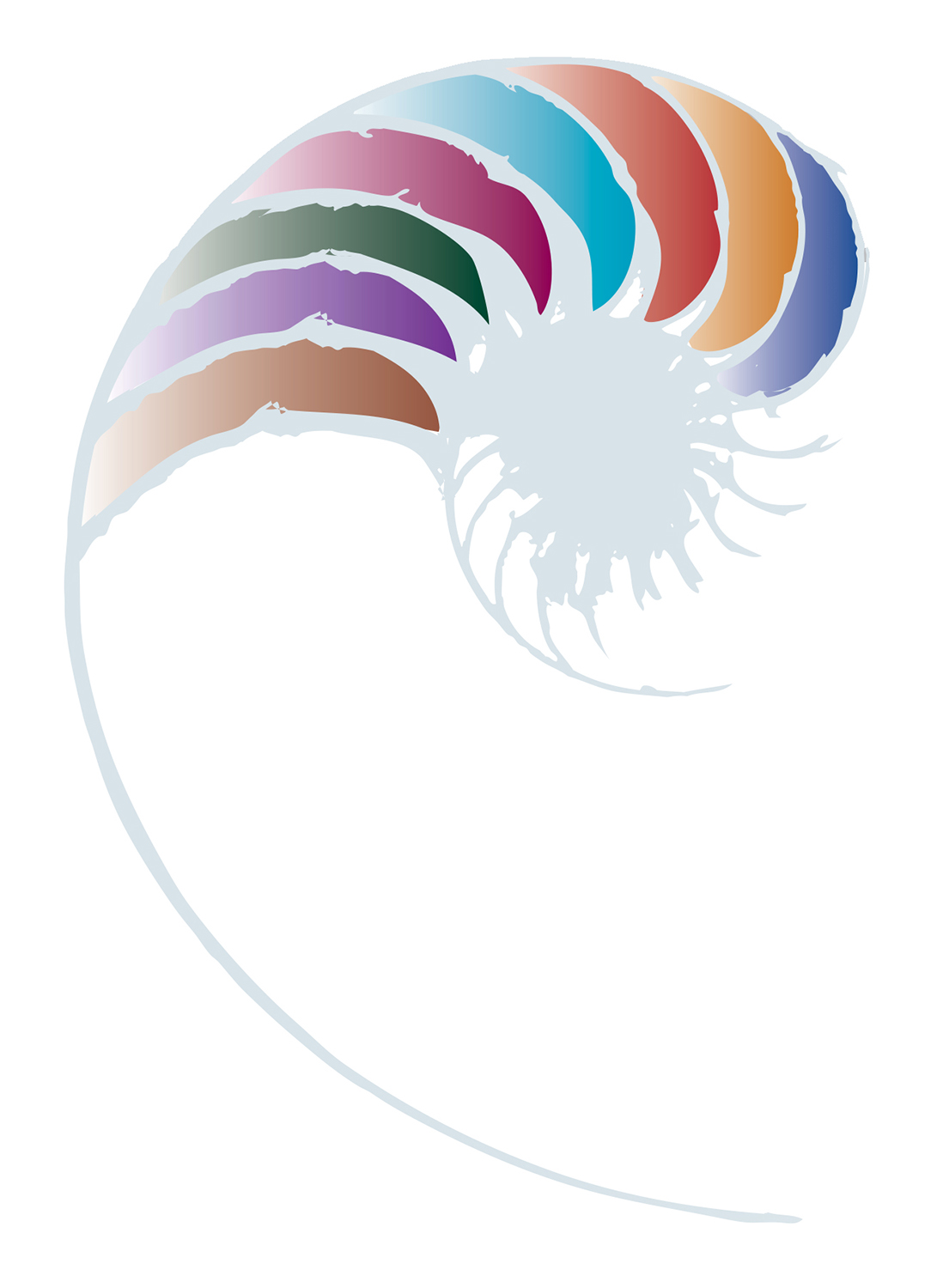Responsibilities of kaiako
This section is from pages 59 of Te Whāriki: He whāriki mātauranga mō ngā mokopuna o Aotearoa Early childhood curriculum.

Waiho i te toipoto, kaua i te toiroa.
Let us keep close together, not far apart.
This whakataukī emphasises the need for kaiako to work collaboratively, enabling children to enjoy the benefits of multiple relationships.
Kaiako are the key resource in any ECE service. Their primary responsibility is to facilitate children’s learning and development through thoughtful and intentional pedagogy. This means they need a wide range of capabilities.
These include being:
- knowledgeable about children’s learning and development and able to identify their varied abilities, strengths, interests, and learning trajectories
- knowledgeable about theories that underpin effective pedagogy in Te Whāriki, its framework and intent
- knowledgeable about play-based curriculum and pedagogy and able to conceptualise, plan, and enact curriculum that is motivating, enjoyable, and accessible for all children
- able to integrate domain knowledge (for example, science and arts knowledge) into the curriculum
- culturally competent: developing increasing proficiency in the use of te reo and tikanga Māori and able to form responsive and reciprocal relationships with tangata whenua
- able to support the cultural and linguistic diversity of all children as part of promoting an inclusive environment
- able to engage in dialogue with parents, whānau, and communities to understand their priorities for curriculum and learning
- attentive to learning and able to make this visible through assessment practices that give children agency and enhance their mana
- inclusive, enabling all children to learn with and alongside their peers
- knowledgeable about and able to try alternative ways to support and progress children’s learning and development
- role models for languages and learning, both as individuals and as members of collaborative teams
- role models for practices that support their own health and wellbeing and that of others
- able to establish and maintain relationships that enable professional collaboration with others, including other kaiako in their ECE setting, school teachers, and specialist services
- thoughtful and reflective about what they do, using evidence, critical inquiry and problem solving to shape their practice
- committed to ongoing professional development that has a positive impact on children’s learning.
Promoting and supporting the ongoing learning and development of kaiako is a key responsibility of educational leaders.
Kua kite rānei koe?
About this resource
This section from pages 59 of Te Whāriki: He whāriki mātauranga mō ngā mokopuna o Aotearoa Early childhood curriculum highlights the wide range of capabilities kaiako need for their primary responsibility of facilitating children’s learning and development through thoughtful and intentional pedagogy.





